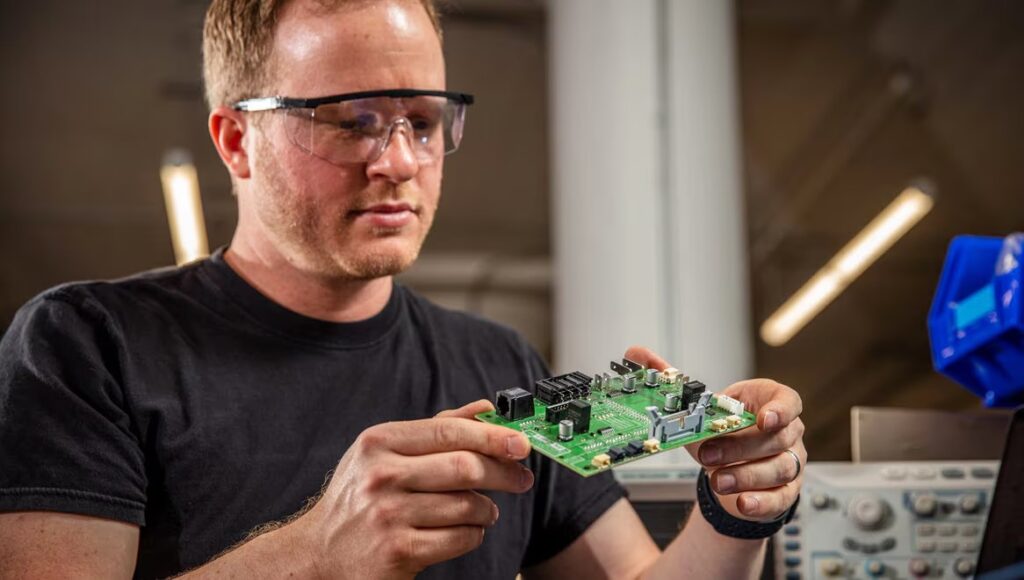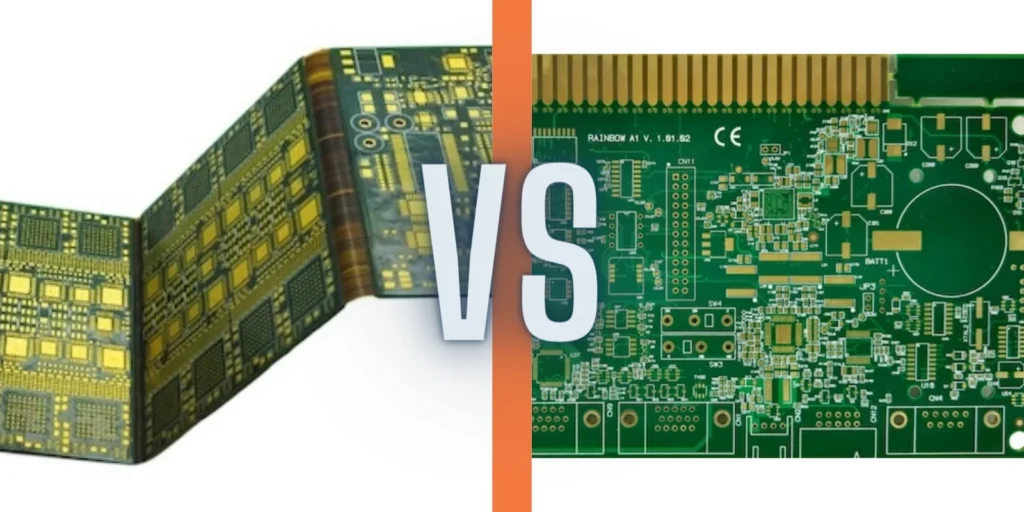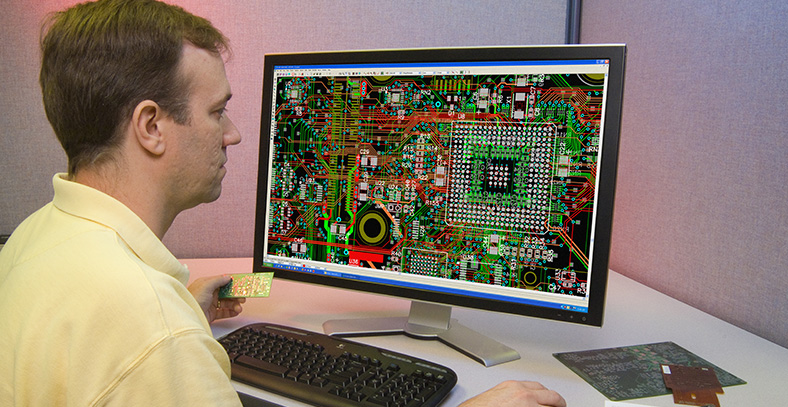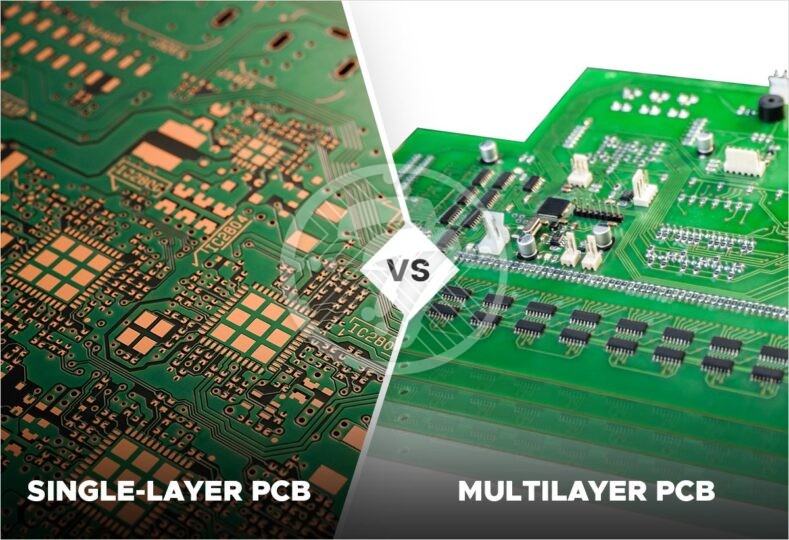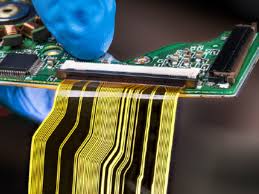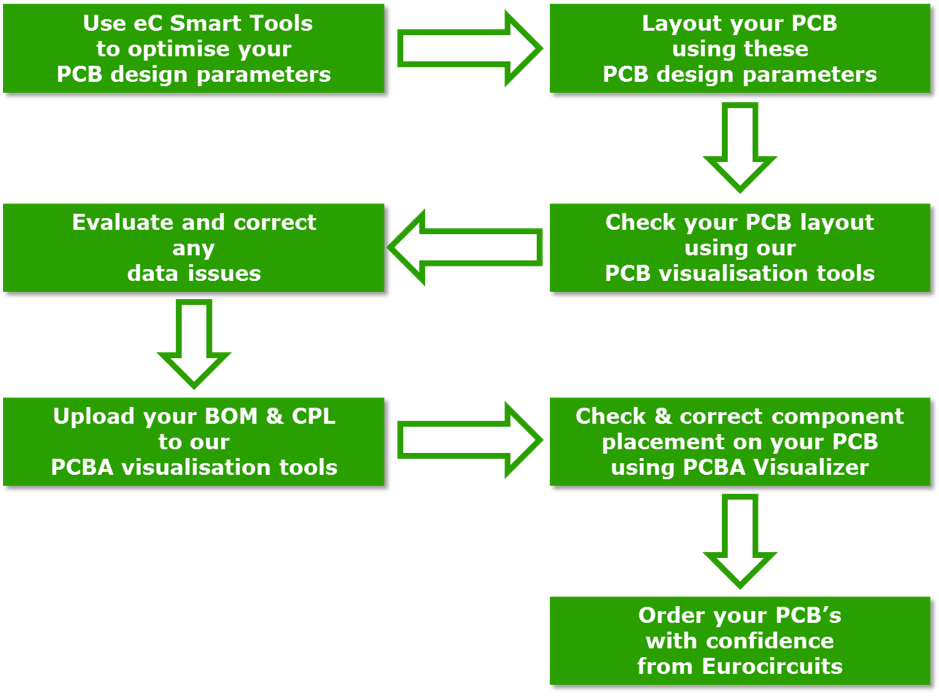SMT electronic assembly plays a crucial role in the electronic manufacturing industry due to its efficient, precise, and reliable production steps and characteristics.
1. High assembly density and miniaturization
SMT technology enables electronic components to be directly mounted on the surface of PCBs, greatly improving assembly density and reducing the volume and weight of electronic products. Compared to traditional through-hole insertion technology (THT), the volume of SMT electronic components can be reduced by 60% to 90%, and the weight can be reduced by a corresponding proportion, which is conducive to achieving miniaturization of electronic products.
2. High reliability and high-frequency characteristics
The SMT solder joint has a low defect rate, firm connection, and improves the reliability of electronic products. Meanwhile, due to the lack of leads or short leads in the components, the distribution parameters of the circuit are reduced, radio frequency interference is reduced, which is conducive to achieving high-frequency signal transmission.
3. Highly automated and intelligent
The SMT production process is highly automated, from solder paste printing to component assembly, welding, and testing, all of which can be completed through intelligent equipment, significantly improving production efficiency and yield. In addition, the application of intelligent technology makes the production process more precise and controllable, which helps to improve product quality.
4. Cost effectiveness and environmental friendliness
SMT technology simplifies production processes, reduces costs of materials, energy, equipment, labor, etc., and typically reduces total production costs by 30% to 50%. Meanwhile, with the increasing awareness of environmental protection, environmental measures such as lead-free welding technology have been widely applied in SMT production, promoting the green and sustainable development of the electronic manufacturing industry.
5. Adaptability and flexibility
SMT technology can adapt to the production needs of electronic products of different scales and complexities. Whether it is small-scale prototyping or large-scale mass production, SMT can provide efficient and flexible solutions. In addition, with the continuous advancement of technology, SMT has also shown strong potential in addressing emerging application demands such as 5G, AI, and the Internet of Things.




